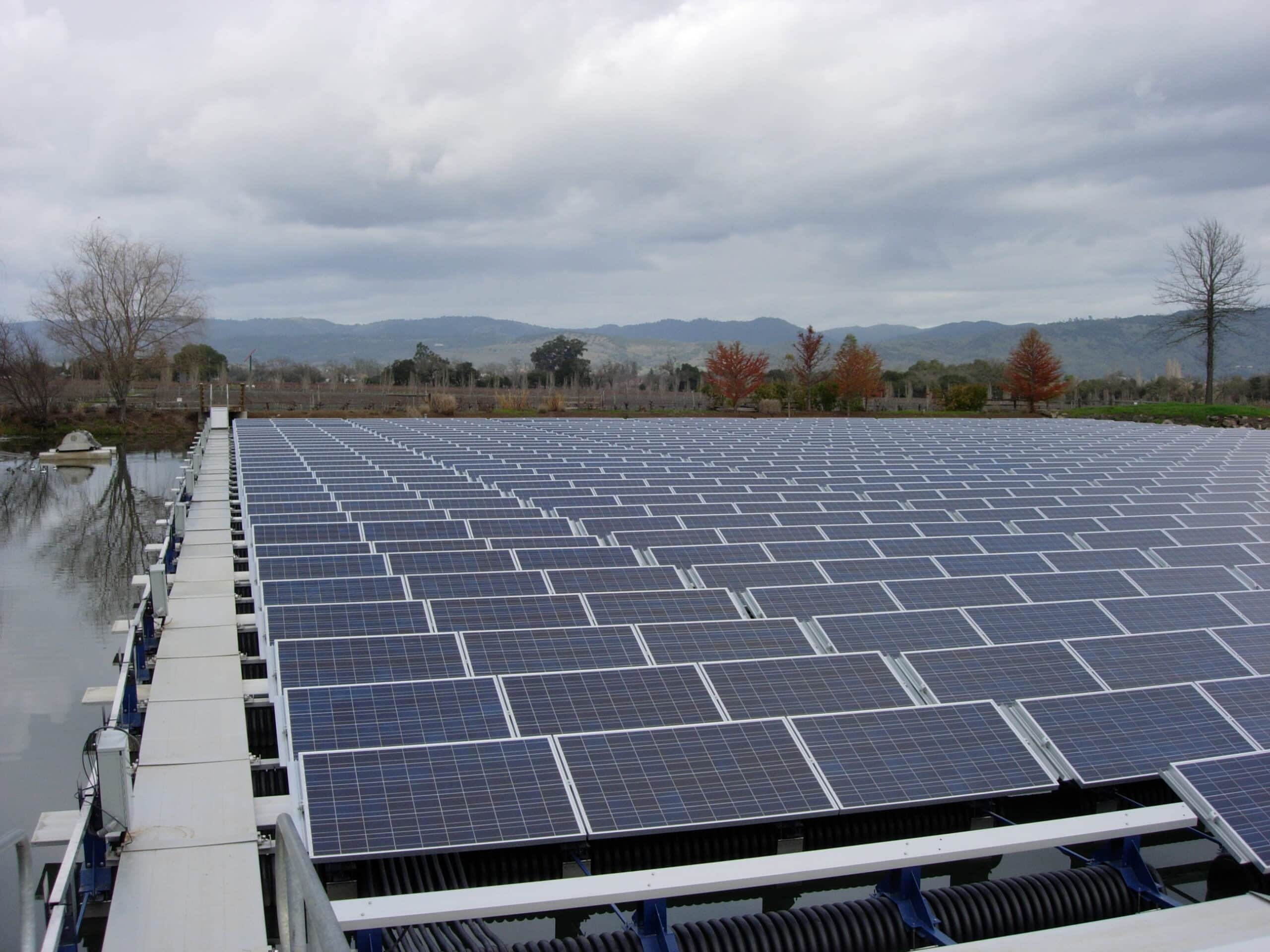 BBC News
BBC NewsBorrowing was £17.4bn last month, the second highest October figure since monthly records began in 1993.

Dinesh Dhamija
From Dutch lakes to African reservoirs, from hydropower stations to ocean bays… floating solar power installations are among the stars of future energy generation.
A new study estimates that power from floating solar will reach 6GW within the next seven years, up from the present 3GW in Asia-Pacific alone. Researchers at Lancaster and Bangor University found that if the UK capitalised on its floating PV potential, it could produce as much as 2.7TW of electricity every year. A European Commission project, meanwhile, estimated that using just 2.3 per cent of the continent’s hydropower reservoirs for floating installations could generate an annual 42.3TWh.
The benefits of using hydropower reservoirs include existing power transmission infrastructure, bodies of water that are suitable for PV installations, limitation of water loss from evaporation and reduction of damaging algal blooms in reservoirs. The cooling effect of water also helps to maximise PV productivity, since solar panels can lose generating power if they over-heat.
A study conducted in 2021 on floating solar panels on a reservoir in Jordan found that they reduced evaporation by 42 per cent, while producing 425 MWh of electricity per year. In the UK alone there are around 570 reservoirs, meaning there could be a great future for the sector. “The potential gain in energy generation from FPV [Floating Photovoltaic] is clear, so we need to put research in place so this technology can be safely adopted,” said Dr Iestyn Woolway of Bangor University, who authored the report.
This research must understand what possible negative effects could stem from FPV installations, such as reducing aquatic life in the water due to lack of sunlight. The market for solar energy is expected to grow by 43 per cent each year, to reach $24.5 billion by 2031, according to a report from the BBC. It could help developing countries to meet their entire electricity needs: the Bangor/Lancaster University report cites Papua New Guinea, Ethiopia, Rwanda, Benin and Kiribati as examples. Others could generate much of their power through FPV.
“Solar installations are going to increase much more on water than land,” said Antonio Duarte, technical engineer at SolarisFloat, which is developing a series of projects. “Why? Because land is becoming a very precious asset.”
Countries such as Japan and Singapore are now investing heavily in floating solar installations, in response to the rising economic benefits of the technology combined with limited land availability.
Expect to see floating solar projects on water near you in the years to come.
Hard Truths About Fossil Fuels: Dinesh Dhamija’s Call to Action
Dinesh Dhamija founded, built and sold online travel agency ebookers.com, before serving as a Member of the European Parliament. Since then, he has created the largest solar PV and hydrogen businesses in Romania. Dinesh’s latest book is The Indian Century – buy it from Amazon at https://www.amazon.co.uk/dp/1738441407/